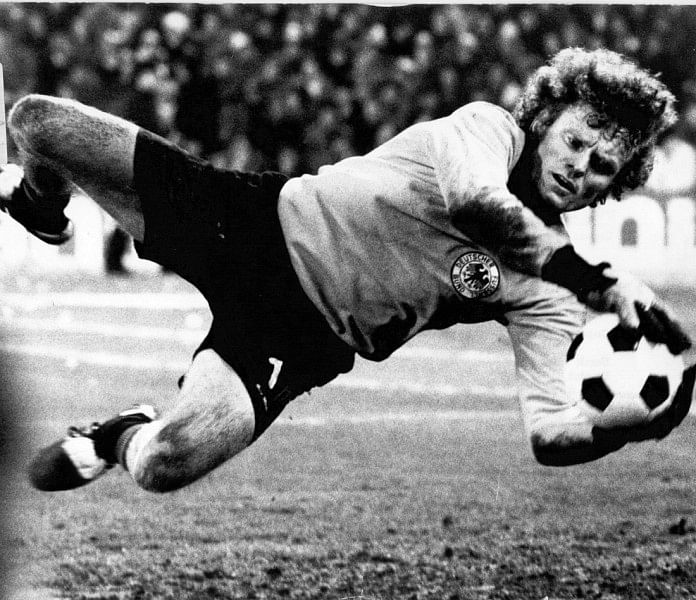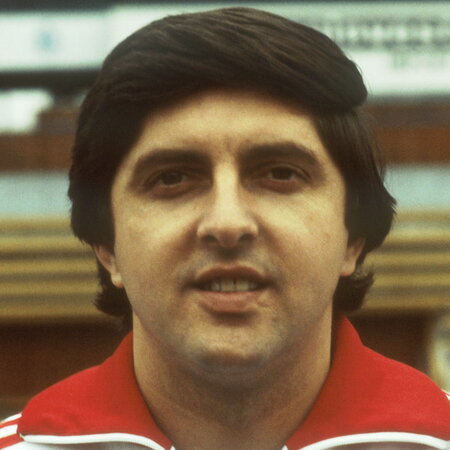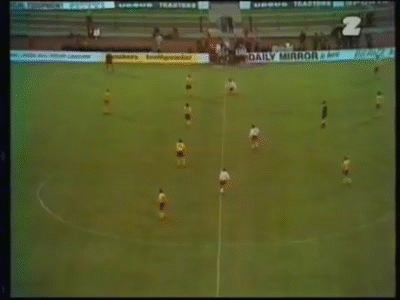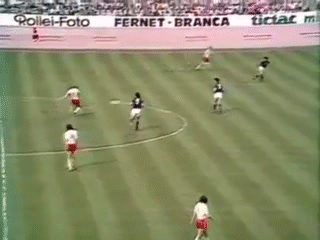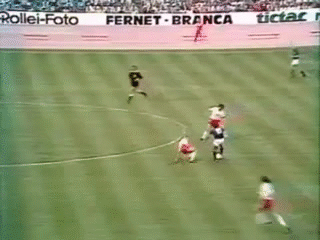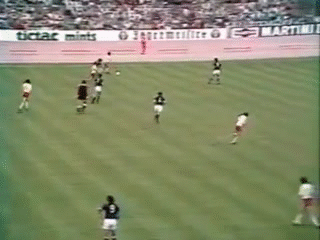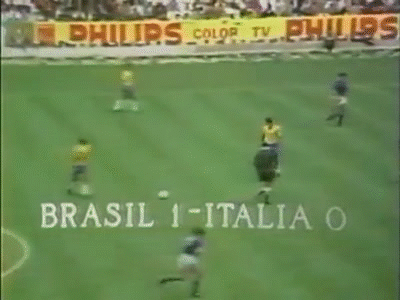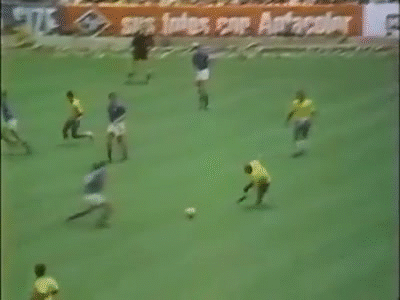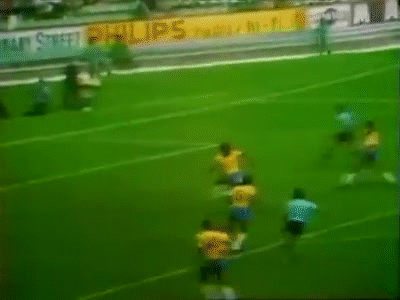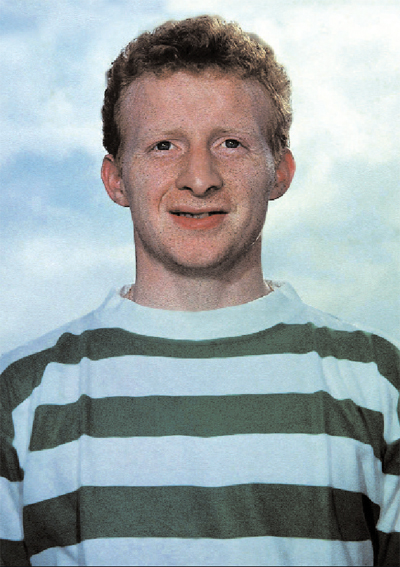Jimmy Johnstone Con.
Jimmy ‘Jinky’ Johnstone, was born on the 30th September 1944 to Sarah and Mathew Johnstone.
He was born in the district of Bothwell, famous for the Battle of Bothwell Bridge (seeing off the English) and a rather atmospheric ruin of a castle often visited by the young Jinky with his school on a day-out trip. Jinky lived, with his family, upstairs at 647 Old Edinburgh Road.
Jinky enjoyed a wonderful childhood and made full use of Bothwell’s surrounding countryside and woods where he would fill his time and imagination playing all manner of games with his friends. It was to be the game of football though that would define his life and his place in history.
‘It was part of every Scottish lads life, it was total football before the term was even invented.‘Times were hard, football I guess helped us forget, kept our spirits up, gave us plenty to laugh about.’
The lads would play until their clothes were splattered with mud and their faces shining with the exhilaration. They wore Sloppy Joes, trousers and penny black shoes but a lot of lads had footware hanging off feet by the end of the day.
They would kick around a plastic, mass produced ball, until, as it often did, it would get punctured on somebody’s hedge or railings. If it wasn’t the lightweight plastic ball it was the old pump-up leather one that had an inflatable inner bladder, which, of course, would need continual inflating. Somebody was always rushing off for a foot pump to inflate the ball.
It was hard sometimes, having to stop the game, just reaching a make or break point, simply to inflate the ball. But, being hit in the face by a semi inflated leather ball wasn’t pleasant and it ruined your shots. If it wasn’t a ball being kicked around it would be anything that moved, a tin can, a stone, with a couple of jackets serving as goalposts.
As well as playing in the streets the pitches would VARY tremendously. THE BACKyard or GARDEN or tarmac road would be converted into the site of the next round of the world cup.
Teams playing the first to 21 or even the first to 42 as the day lengthened into twilight and then darkness. It rains a lot in Scotland, yet this would not affect the games. Helter-skelter, onwards and onwards, oblivious of the conditions the total football would continue.
‘Football was no big DEAL, not in the way that it is now with all the hype, we all played it all the time. You would just pick up a ball and be practicing against a wall and in no time at all a team would have formed around you and yet another football match would start.’
If a game wasn’t possible then the lads would play headers. A game usually played in the back yard, sometimes with a tennis ball, the object of the game being simply having to header the ball between the posts (jumpers and assorted coats).
‘The only thing to watch out for was the owner of the occasionally nice garden. If your ball went in there you could kiss it goodbye as they would keep the ball.’
Team sizes would VARY and, as the day progressed would often see drastic changes made within the sides but, every morning at the beginning of school the teams would be picked, the days playing had just begun. At the first break, 10am, the game would commence.
Play continued at the one hour lunch break and then re-commenced after school. The games were played until it was too dark to see or, if they were darting about under dim street lights, until the mothers called their boys home.
Jimmy was lucky in his local primary school, St Columba's Primary, Viewpark. Three great TEACHERS, John Crines, Mr Milligan and Mr Travers loved the beautiful game and enthusiastically encouraged the youngsters to play. The school team was great and, at the age of nine or ten, Jimmy had already been part of a team, which had ‘lifted everything that year’.
The League Cup, the County Cup and the John Lee trophy all became St Columba’s in the years 1953-54.
Within school and under the tutelage of John Crines, Jinky would undergo trials and training a couple of times a week with at least one weekly full game played.
St. Pats was a square, wooden, building with the pitch just down the road. The lads would get kitted up in school and then walk down to the pitch, unless it was an away game.
John Crines was a stickler for discipline and turnout. The leather boots had to be polished until they shone, soles and all, before they were inspected. ‘Woe betide the boy who hadn’t put every last ounce of effort into polishing his boots.’
The strip was black and green, and the team, under John Crines’ watchful eye, was always well turned out. At last the boys got to play a ‘real game’ on a ‘real pitch’. Although St Pats had a grass pitch many schools had horrible ash pitches.
‘Sliding on one of they ash pitches was like sliding on a scrubbing brush or a pan scourer, left you red raw.’
Jinky’s Junior Secondary school, St John the Baptist at Uddingston, didn’t have as good a side as St Columba but Tommy Cassidy, the Physical Education TEACHER, was a friend of Celtic star Sammy Wilson and his family.
Watching the young Jinky play with all the flair and skill of a man twice his age Cassidy realised that the lad’s talents mustn’t be wasted, he got Jinky a place with Celtic.
‘We never had any aspirations then though, it was just fun, a way of life, when Celtic happened it wasn’t planned, just sort of a natural evolution.’
Jinky was 13 years old when he became a ball boy for Celtic and played his heart out for the youth team. The Daily EXPRESS soon ran a feature on him about how many medals he had won. A star was rising.
The PROBLEM for Jinky was that he wanted to actually play football.
‘It was great to be at Celtic and everthing, to see all the great players, your heroes, but we all wanted to be playing on a SATURDAY and that was with the Boys Guild, so I left.’
Playing in the Boys Guild Jinky played all the local parish teams in all types of conditions on all sorts of pitches and loved every MINUTE of it. His first really memorable moment came when his team set off to play Manchester United.
‘What an adventure, all up early and on the bus and everything. We stayed with their parents and when they came up to us they stayed with ours. It was great, all great fun.’
It was whilst in Manchester that a Mr Wishbone, once an international player in his own right, now the head scout, noticed young Jinky. He happened to be standing next to Jinky’s brother Pat who, just happened to have a load of press clippings and reviews in his pocket.
Wishbone soon got talking and before the match had finished had decided that Jinky should be thinking about a future with Manchester United.
The word must have got around fast because a couple of days after his return a Mr Johnny Higgins, Celtic’s scout, came round to the house with the purpose of SIGNING UP the lad.
Asked about how that must have felt Jinky is his usual humble self.
‘Aye Dad was delighted for sure, but you see we played all the time, it was our life, the biggest part of your life and so when Johnny came round it was just sort of, ‘Oh Aye, that’s great’, and then on with the next thing.
Maybe that’s what kept my feet on the ground. I mean I look back now and think ‘bloody hell what did we achieve’, and I guess they were great things, but at the time we were just a bunch of ordinary lads.
We never bragged or talked about things, we just got out there to WIN, we were confident that we could take anyone on, and we did.
You’ve got to remember times was hard then, football was the biggest part of our lives, just like for the boys in Brazil and Spain, they lived in poverty like us and that’s where all of the great players come from, the streets.’
I don't know how to deal with this, mine would hardly be 1200 words.
